A. S. M. Kayes
CalBehav: A Machine Learning based Personalized Calendar Behavioral Model using Time-Series Smartphone Data
Sep 02, 2019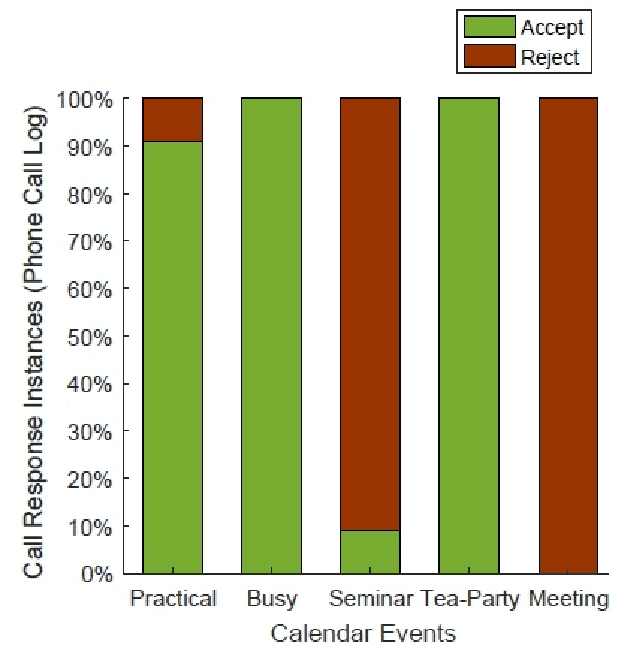
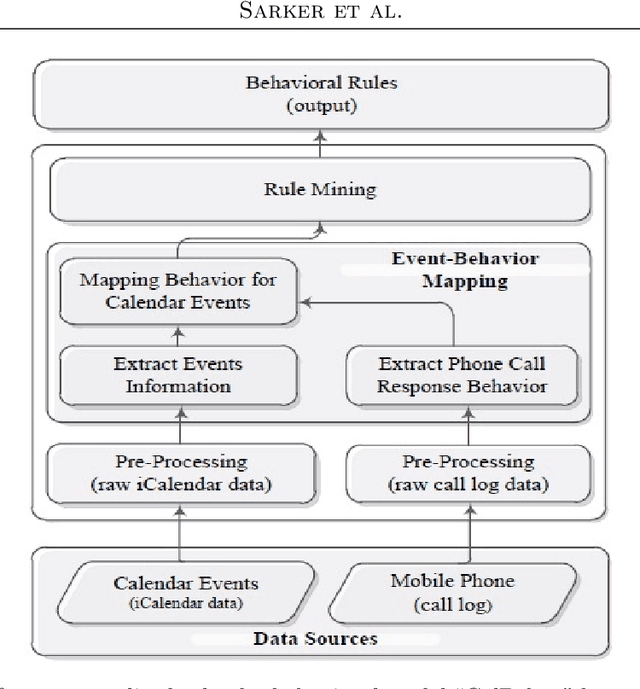
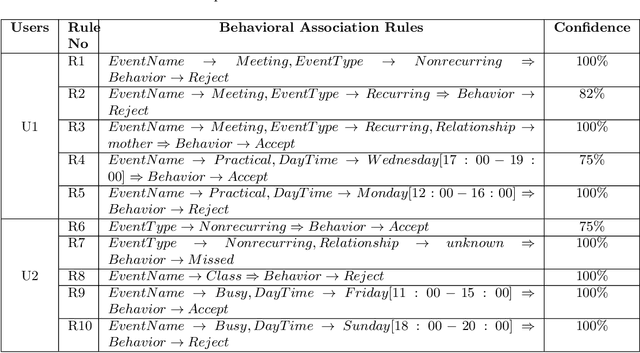
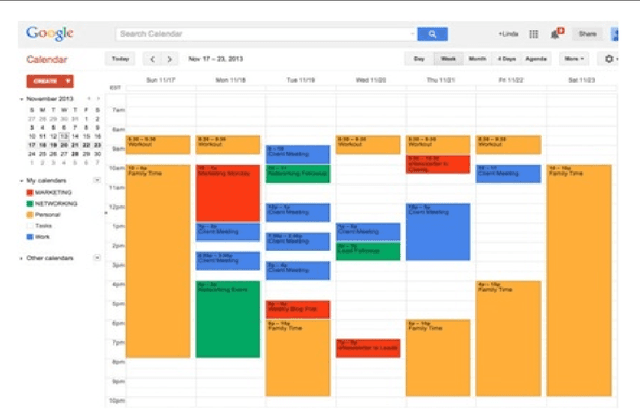
Abstract:The electronic calendar is a valuable resource nowadays for managing our daily life appointments or schedules, also known as events, ranging from professional to highly personal. Researchers have studied various types of calendar events to predict smartphone user behavior for incoming mobile communications. However, these studies typically do not take into account behavioral variations between individuals. In the real world, smartphone users can differ widely from each other in how they respond to incoming communications during their scheduled events. Moreover, an individual user may respond the incoming communications differently in different contexts subject to what type of event is scheduled in her personal calendar. Thus, a static calendar-based behavioral model for individual smartphone users does not necessarily reflect their behavior to the incoming communications. In this paper, we present a machine learning based context-aware model that is personalized and dynamically identifies individual's dominant behavior for their scheduled events using logged time-series smartphone data, and shortly name as ``CalBehav''. The experimental results based on real datasets from calendar and phone logs, show that this data-driven personalized model is more effective for intelligently managing the incoming mobile communications compared to existing calendar-based approaches.
* 16 pages, double column
E-MIIM: An Ensemble Learning based Context-Aware Mobile Telephony Model for Intelligent Interruption Management
Aug 25, 2019


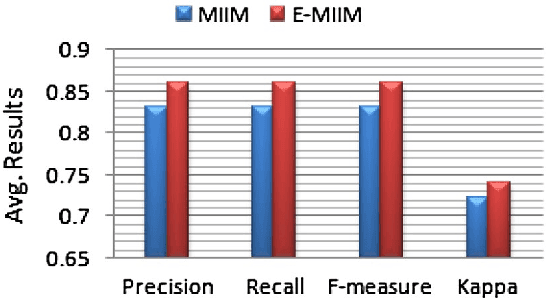
Abstract:Nowadays, mobile telephony interruptions in our daily life activities are common because of the inappropriate ringing notifications of incoming phone calls in different contexts. Such interruptions may impact on the work attention not only for the mobile phone owners but also the surrounding people. Decision tree is the most popular machine learning classification technique that is used in existing context-aware mobile intelligent interruption management (MIIM) model to overcome such issues. However, a single decision tree based context-aware model may cause overfitting problem and thus decrease the prediction accuracy of the inferred model. Therefore, in this paper, we propose an ensemble machine learning based context-aware mobile telephony model for the purpose of intelligent interruption management by taking into account multi-dimensional contexts and name it "E-MIIM". The experimental results on individuals' real life mobile telephony datasets show that our E-MIIM model is more effective and outperforms existing MIIM model for predicting and managing individual's mobile telephony interruptions based on their relevant contextual information.
* 10 pages
 Add to Chrome
Add to Chrome Add to Firefox
Add to Firefox Add to Edge
Add to Edge